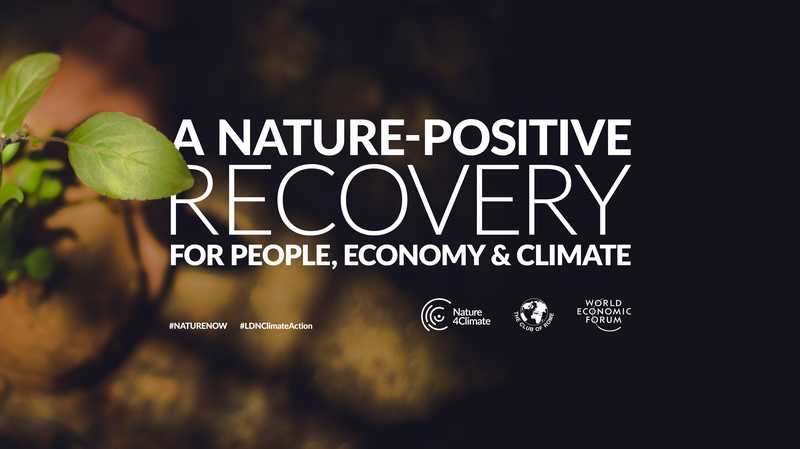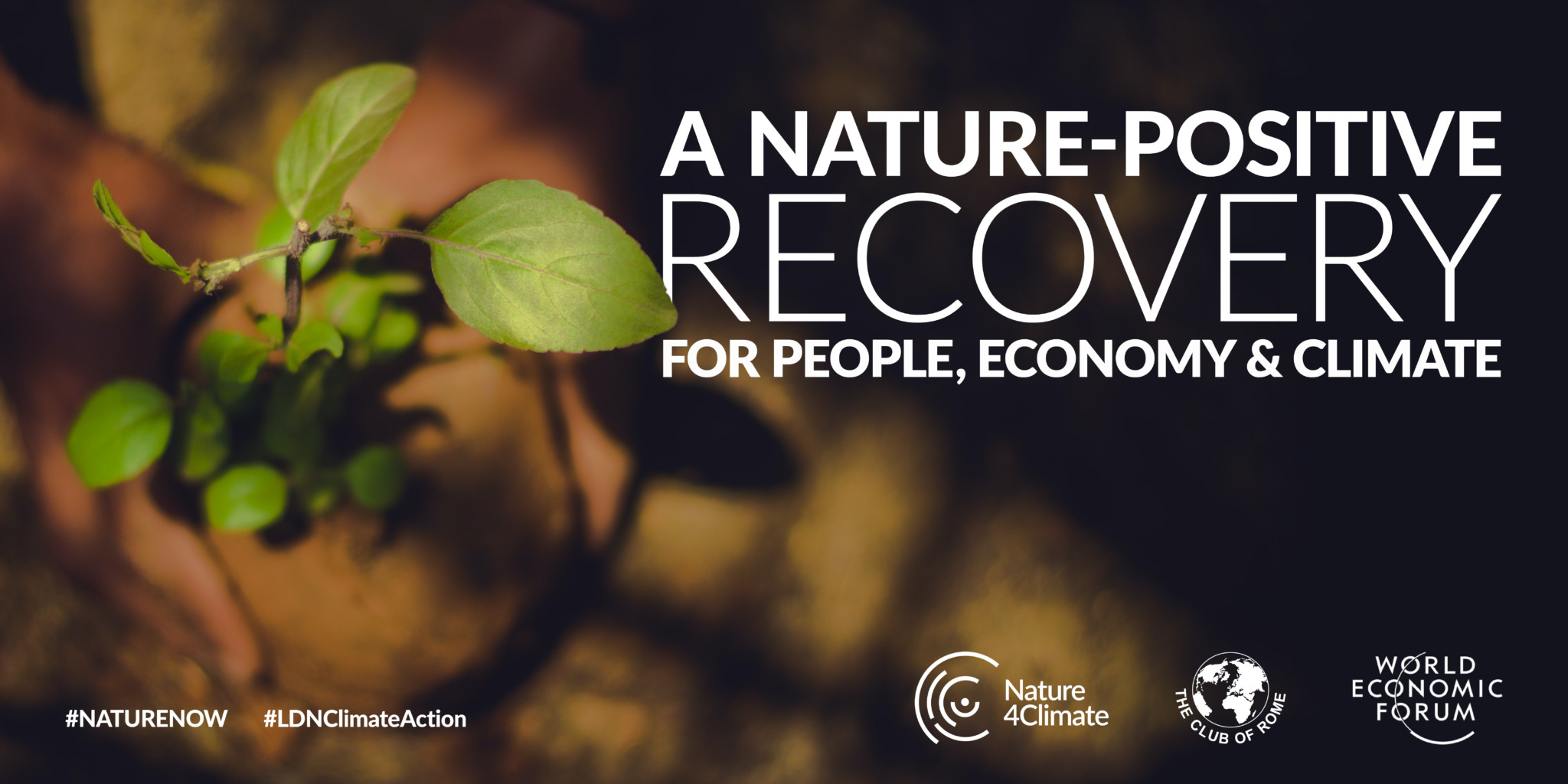
Our coming webinar brings together leading experts in the field to discuss how we move from stasis to action and bring nature into our recovery.
1st July 2020

“The high-productivity economies of the future will be those that make the most of artificial intelligence and the technologies of the fourth industrial revolution, while also protecting and enhancing natural capital, such as ecosystems, biodiverse habitats, clean air and water, productive soils, and a stable climate.” Lord Stern and Joseph Stiglitz
While the most immediate priorities of COVID-19 responses have rightly been health and economic well-being, the crisis has also created a new appreciation for how our encroachment and destruction on nature poses significant risks. High-level figures have issued a series of warnings since March, with the world’s leading biodiversity experts saying that unless the rampant destruction of the natural world is rapidly halted, risks to human health and well-being could be accelerated.
Earlier in June, the UN environment chief and a leading economist said Covid-19 was an “SOS signal for the human enterprise” and that current economic thinking did not recognise that human wealth depends on nature’s health. Yet, despite a deepening scientific understanding of nature’s role in the fight against climate change and the full range of benefits that nature-based solutions deliver: jobs, filtering water, reducing air pollution, providing resilience to extreme weather or regulating local climate, there is much more work to be done to help decision-makers recognize the significant benefits and opportunities nature offers as part of their economic recovery plans.
N4C has reviewed scores of reports and research and has pulled together relevant information about the economic value of nature-based solutions in a single place for the first time. By doing so, we hope the collective weight of this information will begin to cultivate a new appreciation for nature-based solutions, and also help us identify evidence gaps that future work can help fill.
Real economic recovery will come in part from investing in nature – whether it be sustainable forest management, or other productive investments that can help rebuild carbon sinks. We have long-needed significantly enhanced financing for green nature-based infrastructure, sustainable agriculture and the circular economy, as well as investment in deforestation-free commodity supply chains. Investing in nature-based solutions is about investing in people, jobs and the economy. The benefits they offer will be expanded exponentially if we properly invested with an eye to the future and called upon nature’s power to help build a more resilient future.
READ THE FULL REPORT HERE